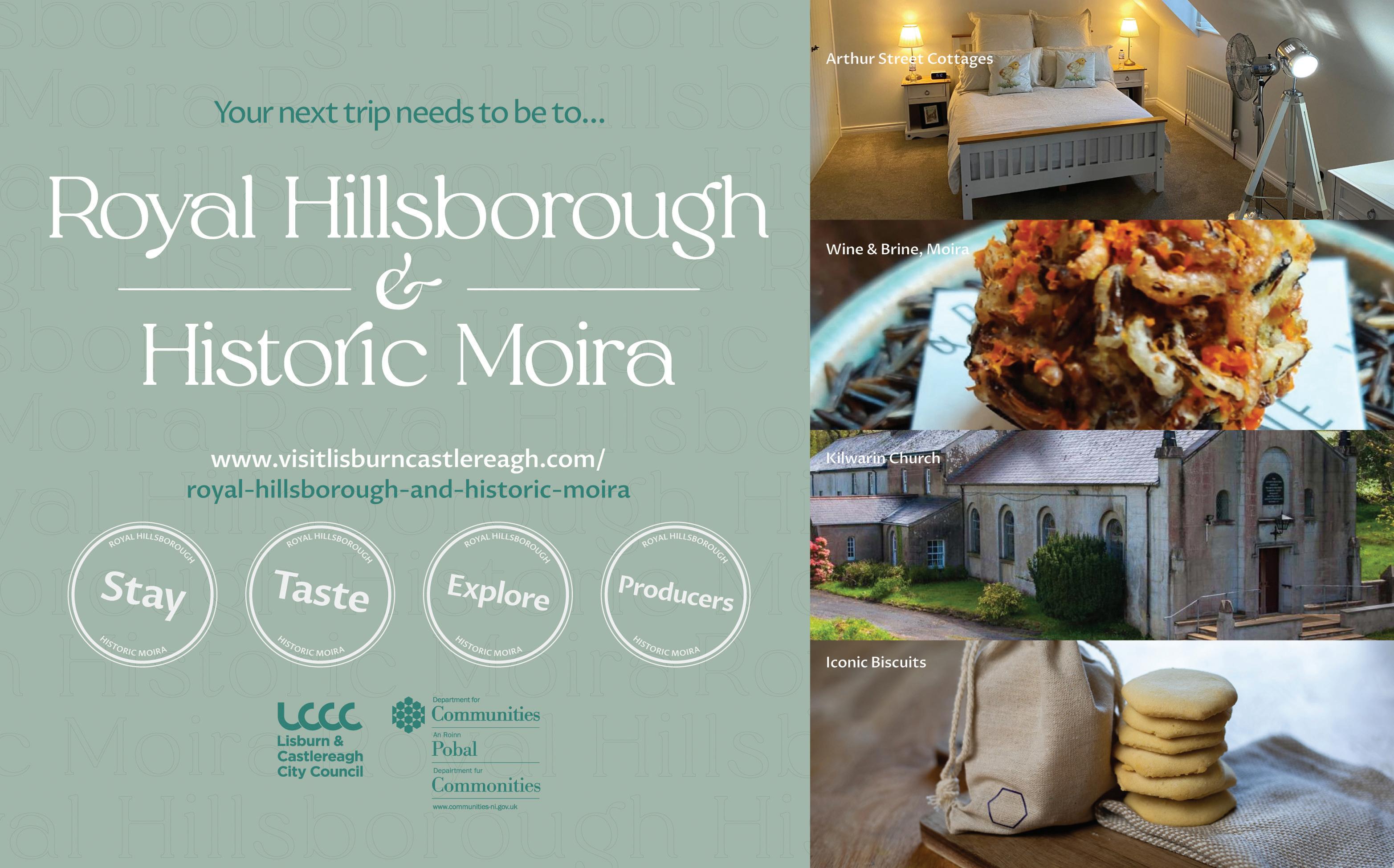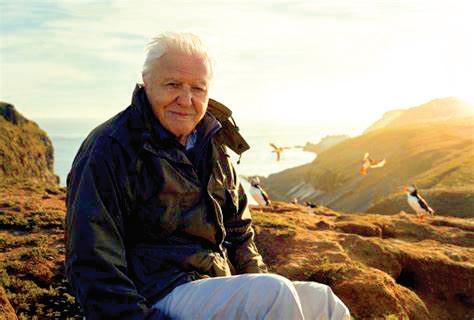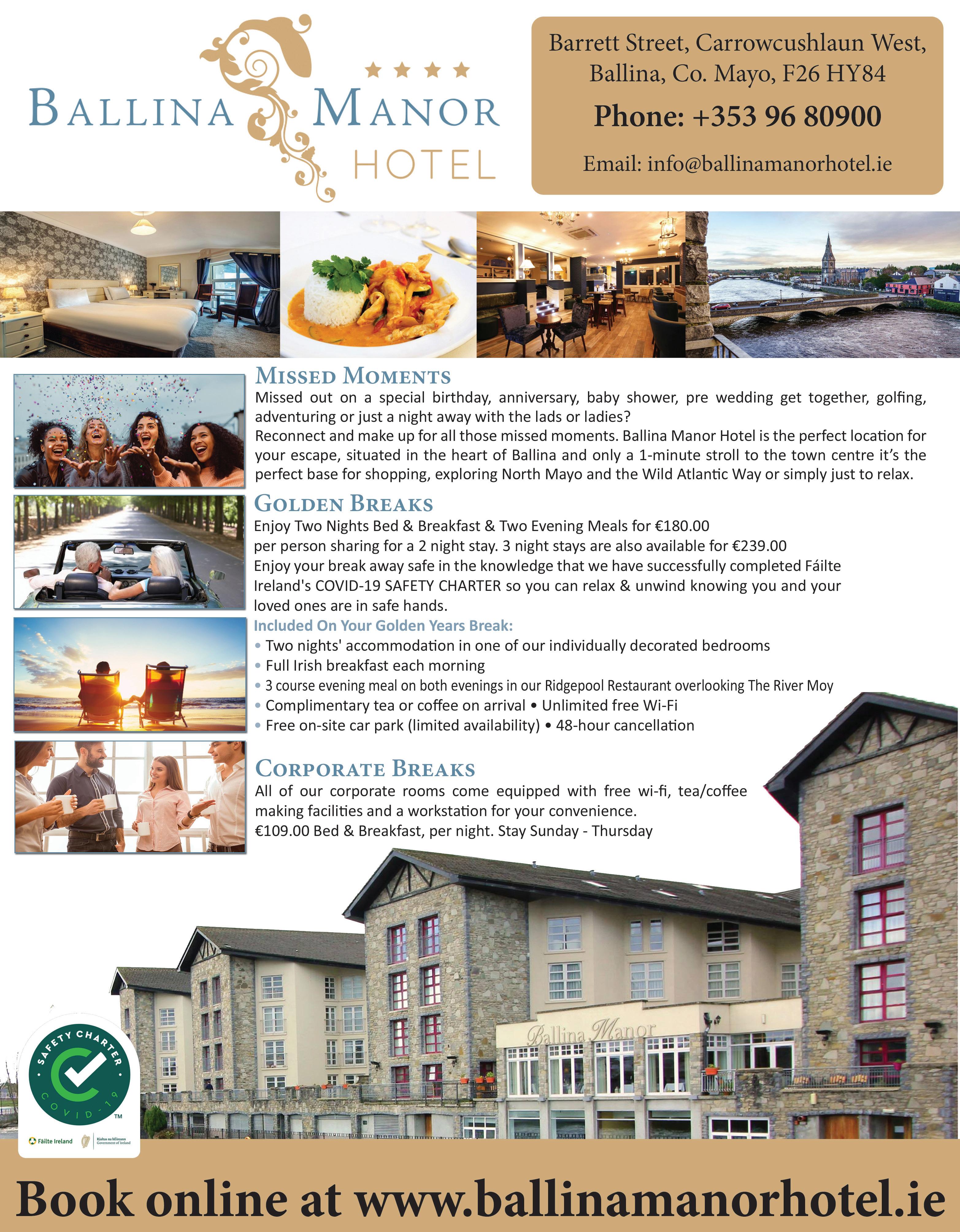
5 minute read
Top 10 ways T o make your dishes heal T hier
by EDA Media
Do you want to cook healthier versions of your favourite recipes without losing the taste? Never fear, here are a few tips that will help you adapt your favourite recipes to reduce fat, sugar, salt, calories and increase fibre without changing your normal diet radically.
1. Cut down on fats
If frying, use a good non-stick pan and dry fry (e.g. in the case of mince). Leaving out the oil could cut 45 calories per teaspoon in your meal. If your food is drying out, don’t add more oil, add a little water. Use fats and oils that are high in good fats (poly- and mono-unsaturated fats), e.g. olive oil and try using less than the recipe suggests. Why not try grilling, baking, poaching, steaming or boiling foods instead of frying where possible?
2. Cut down on salt
Most recipes indicate that you need to add salt. Replace salt with alternative seasonings such as pepper, herbs, spices, lemon juice, vinegar or mustard. Allow people to season their own food after tasting it - they are likely to add less. You could be eating more salt then you think, use our salt calculator to find out how much salt really is in your food.

3. Cut down on sugar Experiment by using less sugar when you bake – most cakes will work even if the quantity of sugar in the recipe is halved. Items such as fruit cakes, fruit scones and tea breads can be made without adding sugar as the dried fruit will provide sweetness.
4. Increase fibre
Use brown alternatives of rice, pasta and bread to increase the fibre content of recipes which will help you feel fuller for longer. Instead of using all plain white flour in recipes, use a mix of wholemeal and plain flour when baking, e.g. when making apple crumble – you can also add porridge oats to make the top crunchy and add more fibre! Top dishes usually requiring pastry, such as chicken pie, with mashed potato instead.
5. Soups and stews
Allow your broth, stew or soup to cool and skim off the fat that gathers on top of the liquid. Replacing some of the traditional fatty meats in stews with pulses like peas, beans and lentils can save calories and fat as well as adding fibre.
6. Sauces and dips Replace cream, whole milk and sour cream with semi-skimmed and skimmed milk, or low fat yoghurt. Low fat yoghurt and fromage frais can be used on hot or cold puddings and in dips instead of cream, double cream or Greek yoghurt. Fromage frais is fresh, skimmed cow’s milk cheese but is more like natural yoghurt. It is not suitable for use in cooking.
7. Cheese Use strongly flavoured cheeses like mature cheddar or blue cheese in savoury dishes - you can use less and still get all the flavour. If you don’t like the strong taste of such cheeses simply use low fat alternatives of your favourites. Grate cheese instead of slicing as it will spread across a dish more easily and you can use less. Replace cream cheese with low fat cream cheese.
8. Mayonnaise
Replace mayonnaise in salads with natural yoghurt or low fat fromage frais. Better still, try using vinaigrette dressings and serving them on the side. When making sandwiches, choose mayonnaise or butter, not both.
9. Vegetables Flavour cooked vegetables with herbs instead of butter or oil. Replace some meat in dishes such as shepherd’s pie, casseroles and lasagne, with vegetables and pulses (peas, beans and lentils). It is a great way to disguise vegetables for those fussy eaters. More tips on preparing and storing your vegetables!
10. Meat
Trim the fat from meat and remove the skin from poultry before cooking. Then bake, grill, microwave, roast or poach instead of frying it. When roasting, place the meat on a grill rack –this allows the fat to drip away. If you are cooking minced meat, brown it and drain away the fat before adding other ingredients.
Sir Davi D a ttenborough S ay S ‘we mu S t act now’ to Save o ur w il D iS le S
In mid March, in their first major campaign together, the National Trust, the RSPB and WWF began urging everyone in society to come together to halt the destruction of UK nature and take urgent action to Save Our Wild Isles.
Millions of people from all walks of life discovered the wonder but also the fragility of UK nature through the first episode of the new Wild Isles series, narrated by Sir David Attenborough.
Now, three of the UK’s largest conservation charities, with 324 years of combined experience and 8.5 million combined members, are using their collective voice to call on all sectors of society across the UK to act.
The Save Our Wild Isles campaign will engage the UK public and inspire them to act – highlighting not only how nature underpins everything that makes our lives possible, but also how profoundly threatened it is.
The charities say there is just enough of the UK’s natural world still left to save, and if everyone - the public, communities, businesses and our leaders all urgently work together to aid its recovery, nature can begin to thrive again within the next few decades. . A new YouGov poll commissioned for the Save Our Wild Isles campaign revealed 70% of people in Northern Ireland are worried about the state of nature in the province, while 74% are worried about the state of nature in the UK. The UK is in the bottom 10% of countries globally for protecting nature [2], yet only 5% believe the UK to be one of the worst countries in the world at preserving nature, with 61% mistakenly believing that the UK is on a par with the rest of the world or even doing better.
The UK is home to some of the most spectacular species on Earth – from puffins to orcas, bees, beavers, butterflies and ancient oak trees – but we are pushing nature to the brink. Last December, global commitments were made which highlighted we have just seven years left to halt and reverse the loss of our natural world [3].
To help support these calls, one of the first actions the charities will be taking is to engage hundreds of businesses and thousands of employees on the crucial impact that business plays in the fate of nature in the UK and providing tools and guidance on how to take positive action.
The charities will also be providing guidance, advice and inspiration for how people and communities can play an active role in restoring nature near to them. The charities’ partners and celebrity ambassadors are also encouraging everyone to play their part, with further announcements coming in the weeks and months ahead.


In the last 50 years, 38 million birds have vanished from UK skies [4], 97% of our wildflower meadows have been lost since the 1930s [5], and a quarter of all our mammals, such as Greater mouseeared bats, are at risk of extinction [6]. The nature crisis and climate change are two sides of the same coin, so protecting nature is key to stopping the destruction of our planet and our way of life.
The majority of the public in Northern Ireland see nature as a crucial lifeline and an essential part of daily life. Over three quarters (76%) of respondents were worried about the impact nature loss would have on their life.
Working with nature and not against it gives us cleaner air to breathe, better water to drink and healthier food to eat. A growing body of evidence also shows that time spent in nature makes us happier and healthier.
Sir David Attenborough, WWF Ambassador has said:

“The truth is, every one of us, no matter who we are, or where we live, can and must play a part in restoring nature. It’s easy to feel overwhelmed or powerless by the scale of the issues facing our planet, but we have the solutions. I am hopeful for the future, because although nature is in crisis, now is the time for action, and together we can save it.”
For more information and to Save our Wild Isles visit www. saveourwildisles.org.uk












